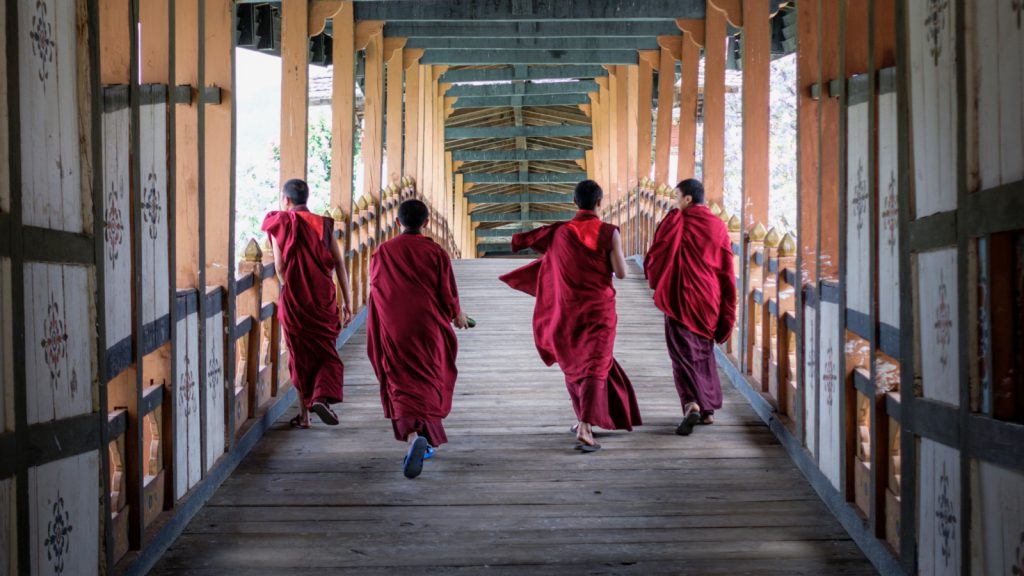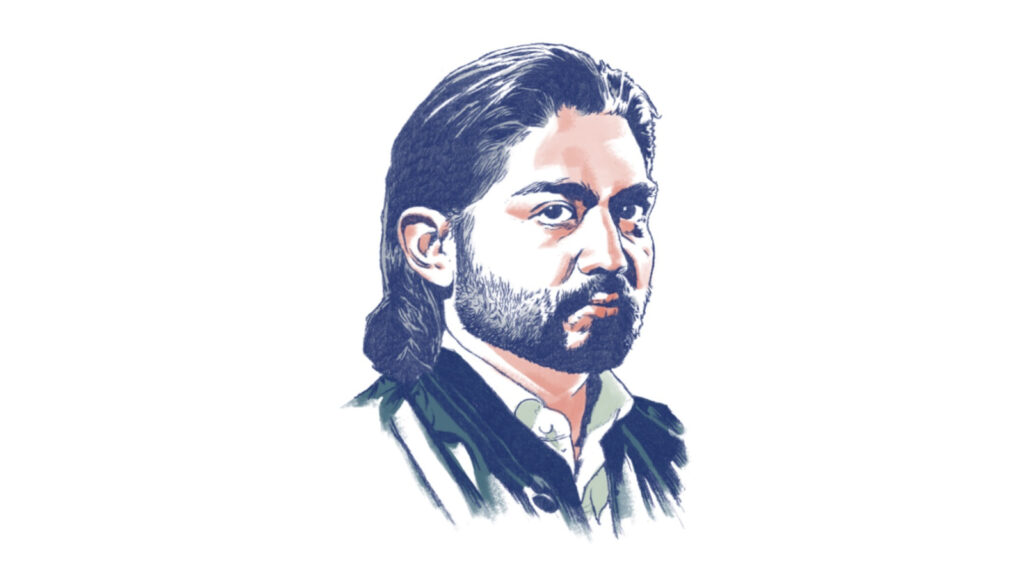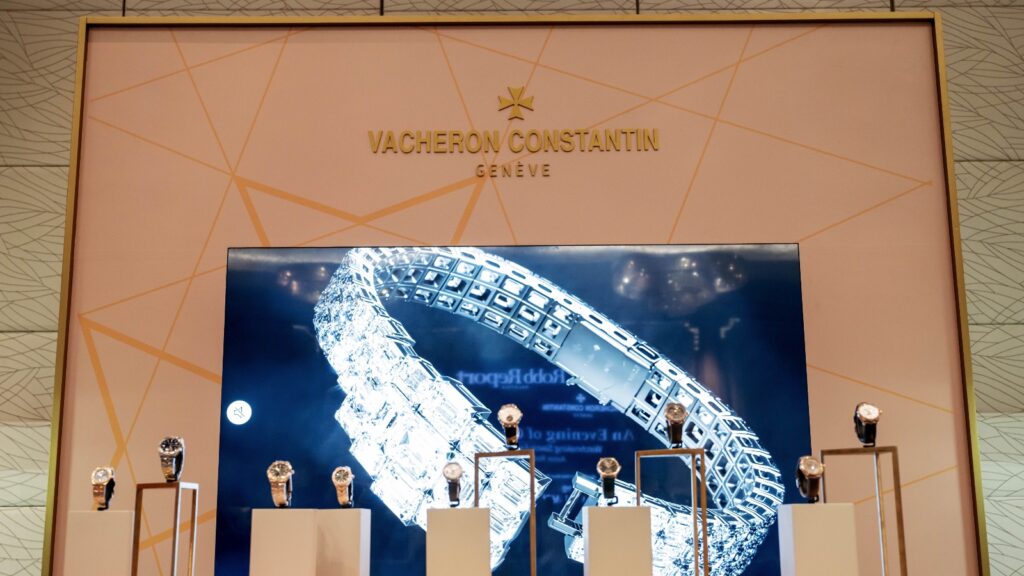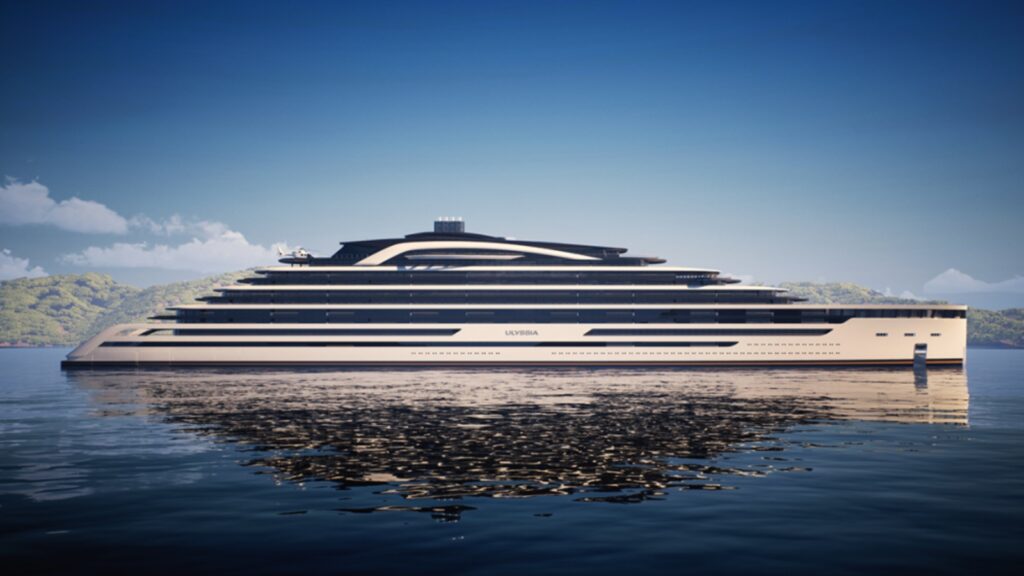Jonathan Lithgow, General Manager and Country Manager of Amankora Bhutan, is a seasoned hotelier in managing prestigious resorts—from wine estates and safari destinations in South Africa to lodges in New Zealand and private island getaways in the Seychelles. He is passionate about creating unforgettable, luxury experiences, premised on exceptional hospitality, such as an exclusive dinner under the stars amidst a pine forest overlooking a historic monastery, a special private class on making sacred cakes placed on altars during religious ceremonies, or exploring wild frontiers on the back of a unique breed of horse.
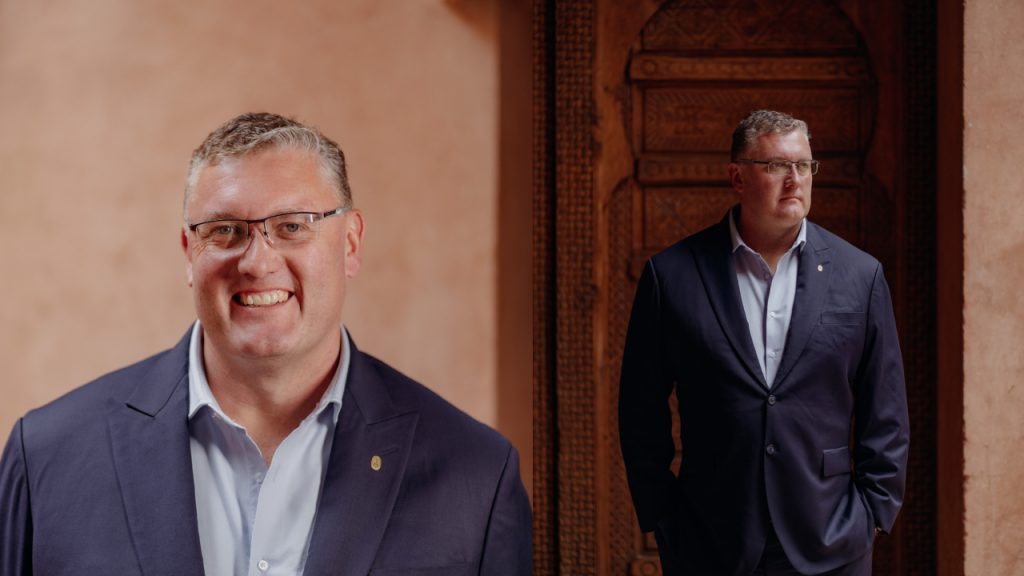
Amankora is the first international resort in the Kingdom of Bhutan. Why did Aman decide to open a resort in Bhutan, and when did that happen?
Aman was invited to be a foreign direct investor in the Kingdom of Bhutan almost 20 years ago. We opened the first Amankora lodge in Paro in 2004, and this was followed by three other lodges in Punakha, Gangtey and Thimphu respectively in 2005. Our fifth lodge in Bumthang was opened in 2007. In total, we have 76 rooms across five lodges in the central and western valleys.
What were the considerations in determining where the lodges were built?
The spectacular landscapes and the rich cultural heritage and customs unique to each location were key factors. We wanted to offer our guests diverse and unparalleled experiences of this mystical kingdom, to allow them the opportunity to traverse the kingdom in a circular journey of peace (‘Aman’ means peace, and ‘Kora’ means circular journey).
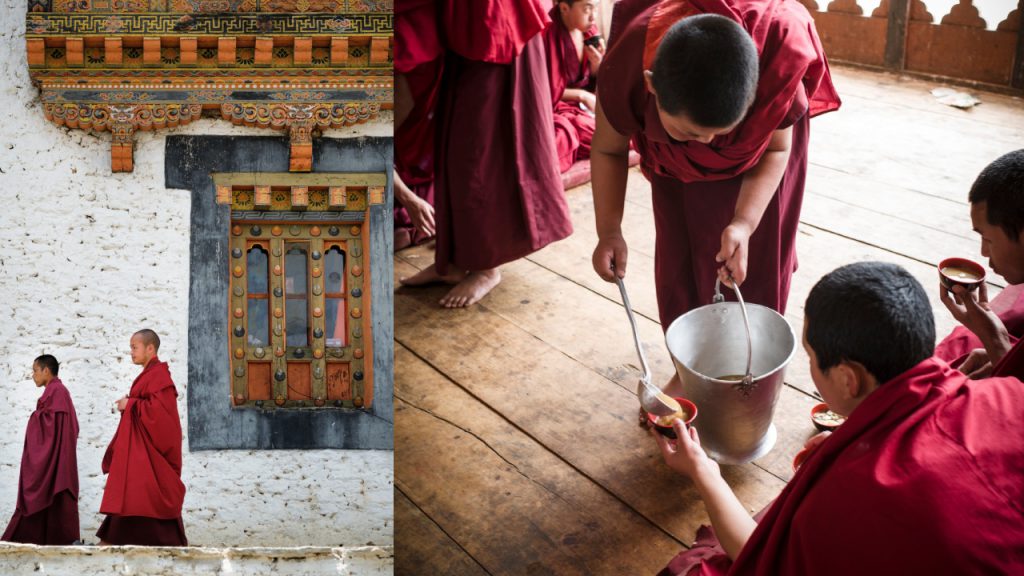
Why do guests continue to return to Aman’s lodges despite the entry of other luxury travel players?
At Aman, we stay true to our DNA of integration with community and culture, combined with an exceptional level of service. For example, our lodges have been respectfully designed to take into account local architectural traditions, the natural surroundings and cultural heritage of the local community. We source 80 per cent of our kitchen produce from local farms, and handicrafts and gift items from local craftspeople.
Our aim is to keep experiences as authentic as possible, which is what our guests desire and appreciate. Ultimately, Amankora offers more than just luxury accommodation—we offer cultural, spiritual and active adventure experiences that make for enriching journeys.
What are some of the curated experiences that await Amankora’s guests?
An experience exclusive to Amankora’s guests is the sunrise breakfast and restorative lunch in the Amankora log cabin, located at the foot of Tiger’s Nest, the iconic cliffside monastery. Guests can begin and end their visit to Tiger’s Nest in the privacy and comfort of this log cabin, with its original prayer room still intact.
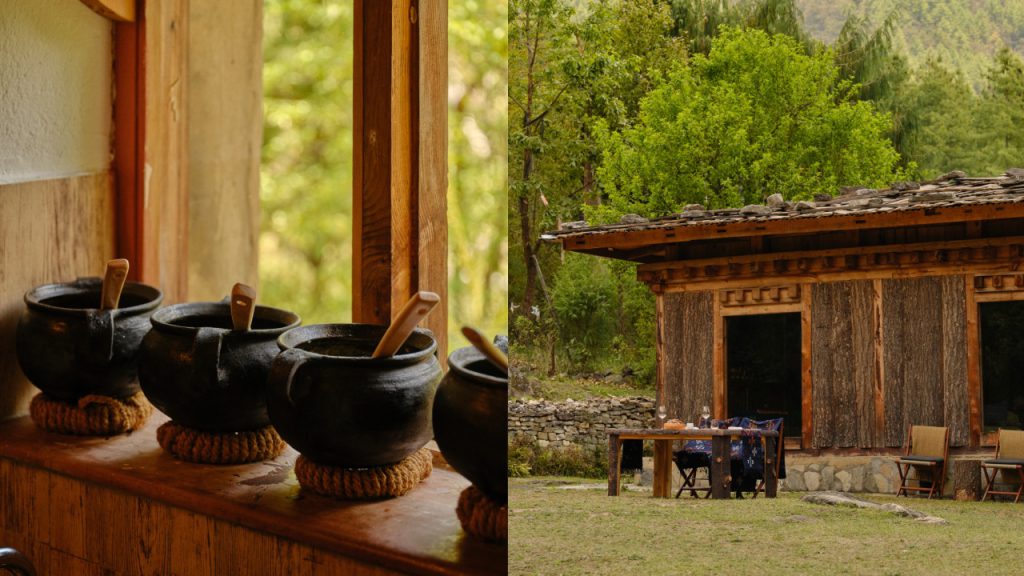
Another enriching experience is the meal offering to the monks at Gangtey Goempa, where guests can purchase ingredients from the local shops, under the guidance of an Amankora chef, observe the meal preparation and participate in the meal service itself.
However, one of the most unique, transformative experiences for our guests is the ‘Quest for Happiness’ journey across Bhutan, where they have the opportunity to give back and uplift local communities at each stop.
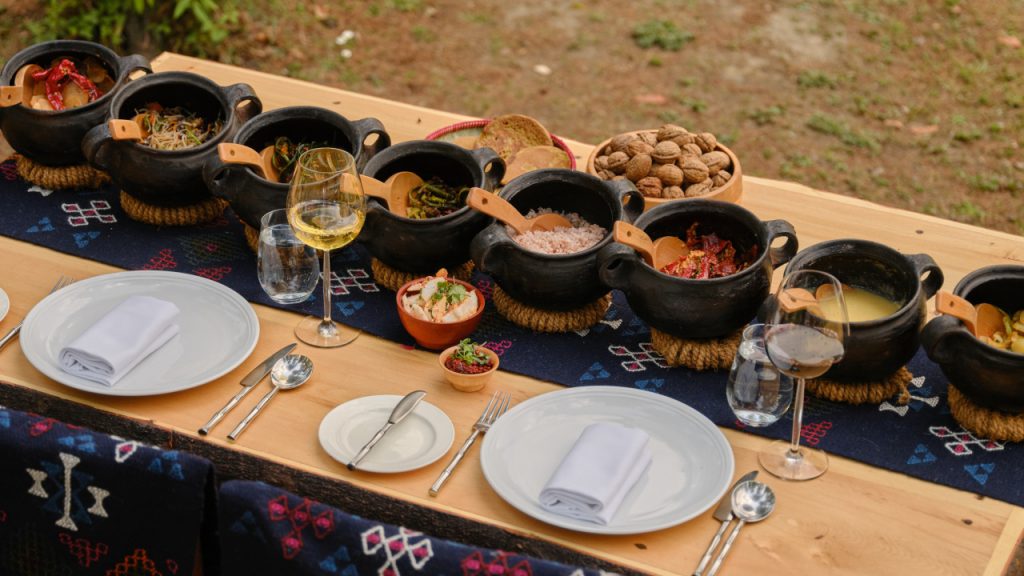
How many modes of travel do you experience when you opt to stay in all five lodges?
Travel between Amankora lodges is by private car, though a domestic flight is required to travel directly between Paro and Bumthang. Once at the respective lodges, you can explore the surrounding valley and visit places of interest on foot, bicycle or horseback.
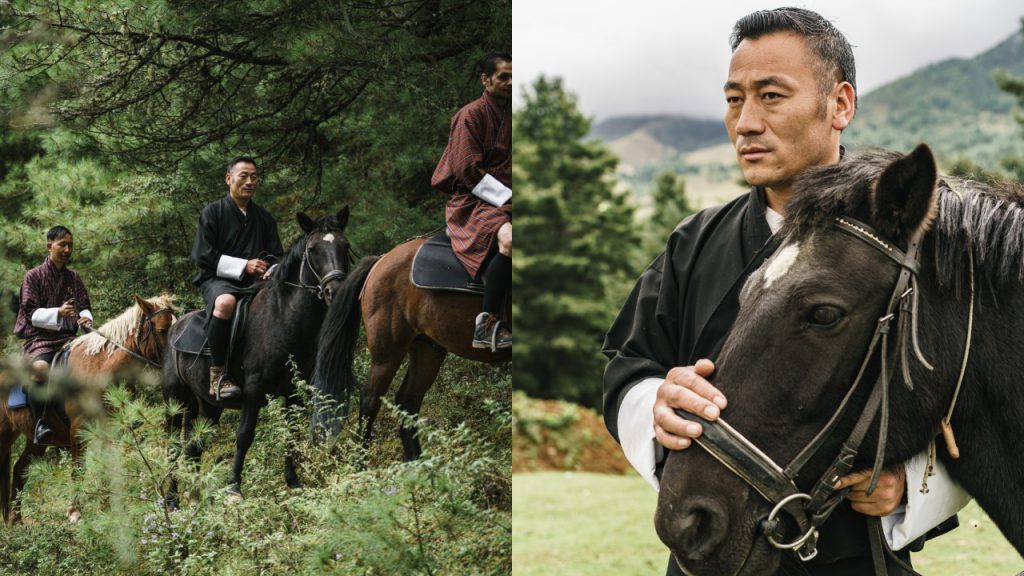
How did Amankora Bhutan become a luxury tour operator—offering services such as flight bookings, visa applications and guided tours—besides luxury accommodation?
When we first opened our lodges, the infrastructure for travel and tourism in Bhutan was still at a nascent stage. So, we decided to offer travel planning and logistical support as a service to our guests, providing them the convenience and flexibility to create unique experiences and personalised travel itineraries of the highest standards.
Bhutan is the first carbon-negative country in the world. How is Amankora supporting Bhutan’s sustainability goals and her communities?
Firstly, we have eliminated single-use plastic in the resort, installing our own reverse osmosis and filtration systems and introducing refillable glass bottles. We have also expanded our gardens to cultivate ingredients and other sustainable, organic, seasonal produce to support our kitchens’ needs, thereby reducing our supply chain miles and carbon footprint.
We purchase local fair-trade, cage-free and free-range products and support local agriculture. We have an Agriculture person in the team who ensures source traceability of the farm produce and works with local farmers on crop diversification. We support indigenous traditions, craftsmanship and local artisans, purchasing and promoting local handicrafts and artworks, conducting cooking classes dedicated to local cuisine.
Importantly, we give employment priority to local Bhutanese and provide local Bhutanese, within and without the resort, with skills training and development. Recently, we appointed a Training and Development Manager to facilitate skills training programmes for local high school graduates.
When and why did you first visit Bhutan?
My first visit to Bhutan was when I took up the position of General Manager of Amankora Bhutan four years ago.
Your most unforgettable experience during your time in Bhutan?
My first meeting with the King of Bhutan, His Majesty Jigme Khesar Namgyel Wangchuck. I committed a faux pas by offering my hand to His Majesty for a handshake, but His Majesty was very gracious and shook my hand.
The most moving cultural experience you’ve had in Bhutan?
In conjunction with Amankora’s 18th anniversary in 2022, we had the privilege and honour of lighting 1,000 butter lamps in the Paro Dzong to the accompaniment of prayer chants by young monks.
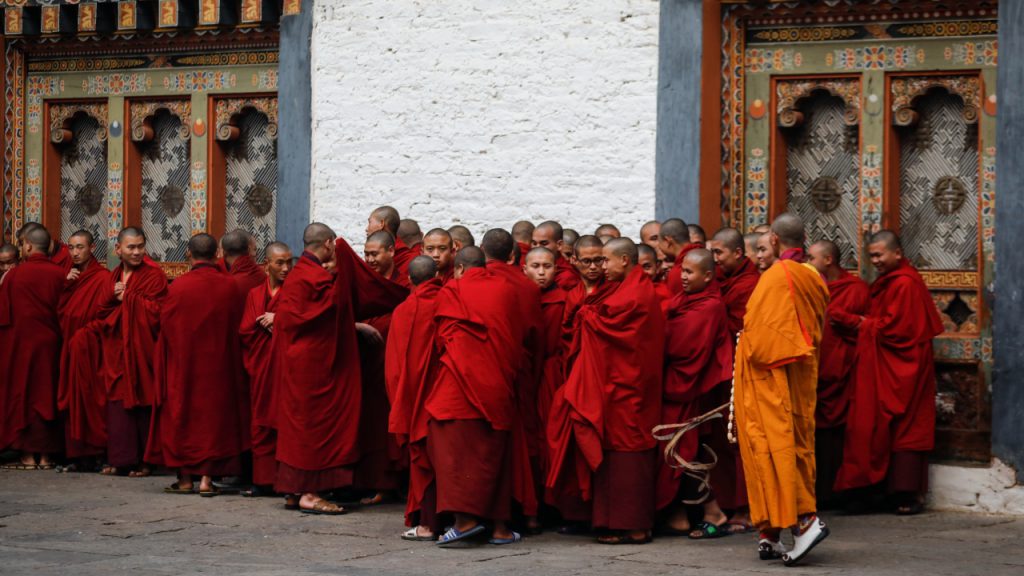
The most recent item from Bhutan that you’ve added to your collection?
A patag (traditional Bhutanese sword) that was gifted to me by a young Bhutanese whom I had mentored.
Your favourite Bhutanese dish?
Slow-cooked yak meat with spinach and chilli.
First thing you do in the morning?
Review guest feedback and itineraries.
Your idea of happiness?
Contentment.
